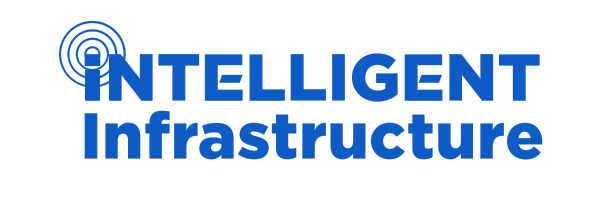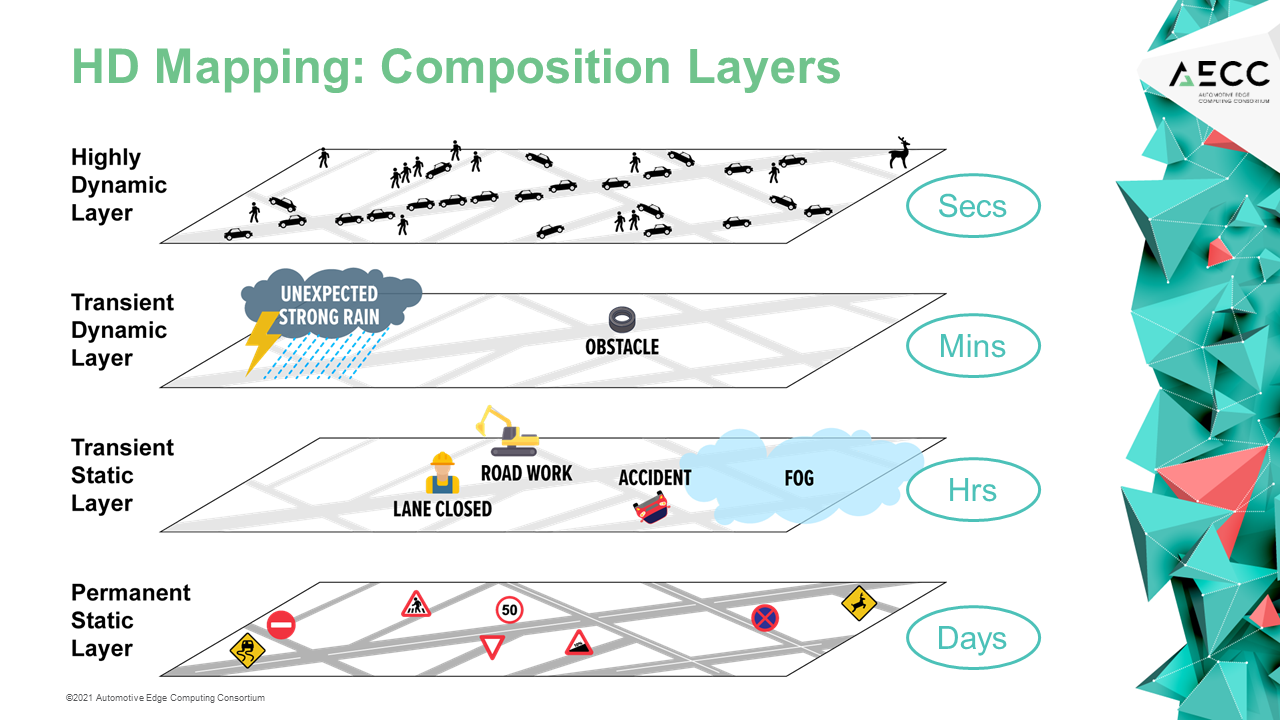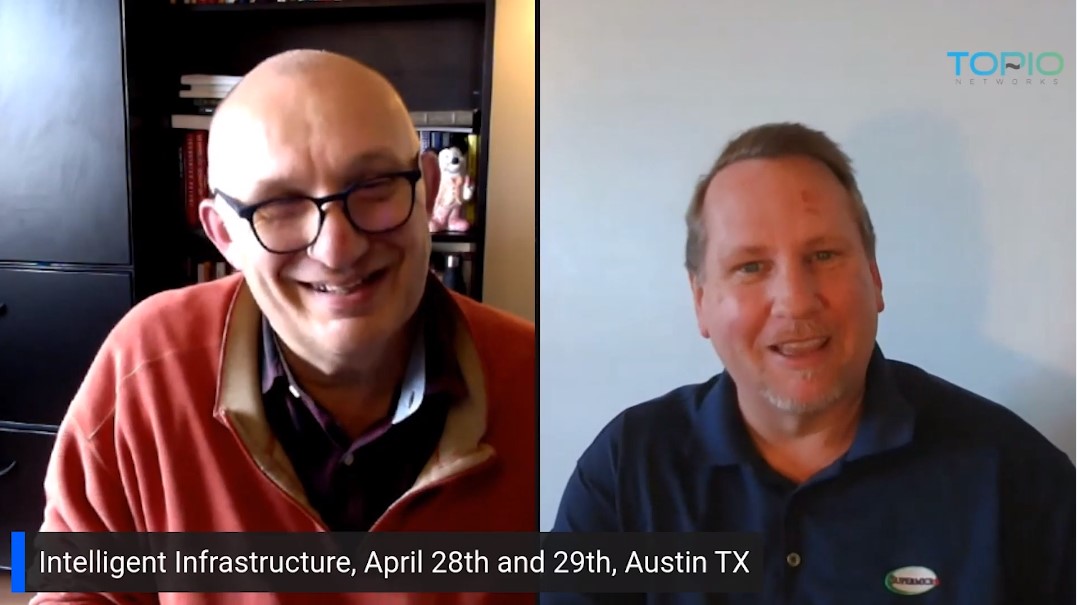Financing Intelligent Infrastructure – Interview with T Nolan, President, Infra Bank
William T Nolan, President at the Infrastructure Bank shares his views on the Infrastructure market and finance .
Why is the investment community getting excited about the intelligent infrastructure opportunity?
Look at what is happening to AI stocks in the stock market. They exploded up over 30% yesterday. The investment community is always looking for the “new, new thing”, and Intelligent Infrastructure is a new, new thing, which can use AI and most all kinds of technology in the development and rollout of the infrastructure to be built in this century. Infrastructure spending will double and triple during this decade and beyond, due to the huge need and the strategic importance for a strong base for economic growth and national security. Otherwise, China will prevail.
How can cities and states readily access private capital to help them achieve their infrastructure goals?
Private capital is the answer to the financing needs of States, Municipalities, and private infrastructure projects, all of which own 95% of US infrastructure, while the US Government owns 5% or so. USG has not and will not be a major source of financing of US infrastructure projects, and the borrowers know that. New private sources of financing must be opened up, such as the Federal Infrastructure Bank (FIB), whose sole purpose is financing US infrastructure. US financial markets are still the largest, deepest and most liquid in the world, and the project finance industry of great professionals have and will continue to develop financing techniques to meet the needs of States, Municipalities and private interests. The Muni Bond Market, Private Equity Commercial Banks, Investment Banks, and the FIB will be well situated to access the large pools of capital willing to invest in US infrastructure from Pension Funds, Sovereign Wealth Funds, Family Funds, and the whole host of sources.
What is the unique role of the Infrastructure Bank?
The Federal Infrastructure Bank will be privately owned, managed, and funded, and will be the only one of its kind in the USA, providing loans and investments to public and private borrowers for much needed infrastructure. The FIB will be a flexible lender that can design a loan and other financing specifically to the needs of each borrower. Loan design and approval will be much more rapid than any government financing program that are generally one size fits all. The FIB will take no federal money and will complement government programs, such as TIFIA, and private financings for large scale projects like the Gateway Tunnel Project in NY/NJ. The FIB can work with and finance the State Infrastructure Banks, which are in desperate need of funds, and which can be a great source of projects as they are the closest to them. The FIB as a wholesale bank can be a clearing house for infrastructure financings nationwide, since the FIB will see many projects from worthy borrowers. FIB loans can be syndicated to include many banks and investors who will look to the FIB for leadership and its determination of the credit worthiness of borrowers.
What is the role of Public Private Partnerships in helping governments roll out new infrastructure ?
P3s will continue to have an important role in complimenting and financing new infrastructure projects, especially where private interests will be the driving force in a project, such as the financing of the reconstruction of LaGuardia Airport. P3s will be more successful if the first “P” is Private as in a Private, Public Partnership. The private sources are much more creative in devising deals with Revenue Sources not available to governments, such as airport and event concessions, selling ads on subways and buses to pay for Wi-Fi across a city, tolls on private facilities, usage fees for certain facilities and services, etc. Private money can better assess risk and prepare for contingencies, delays, and cost overruns, etc. Private contractors and builders prefer borrowing from a private lender who understands their needs, the risks, and can tailor a loan to their requirements. Private money is more attentive to the project’s development and will supervise the loan more closely. The public sector can lend its Balance Sheet to help secure financing, with various guarantees and credit support, but the private lender will be on the hook for the loan and must monitor it closely throughout the whole term of the project and the loan.
T will be speaking at the Intelligent Infrastructure conference at the Renaissance Austin Hotel on June 6th & 7th – participating in the panel on “Financing Infrastructure Renewal & Digitization“. Find out more about the conference here: www.intelligentinfra.com





